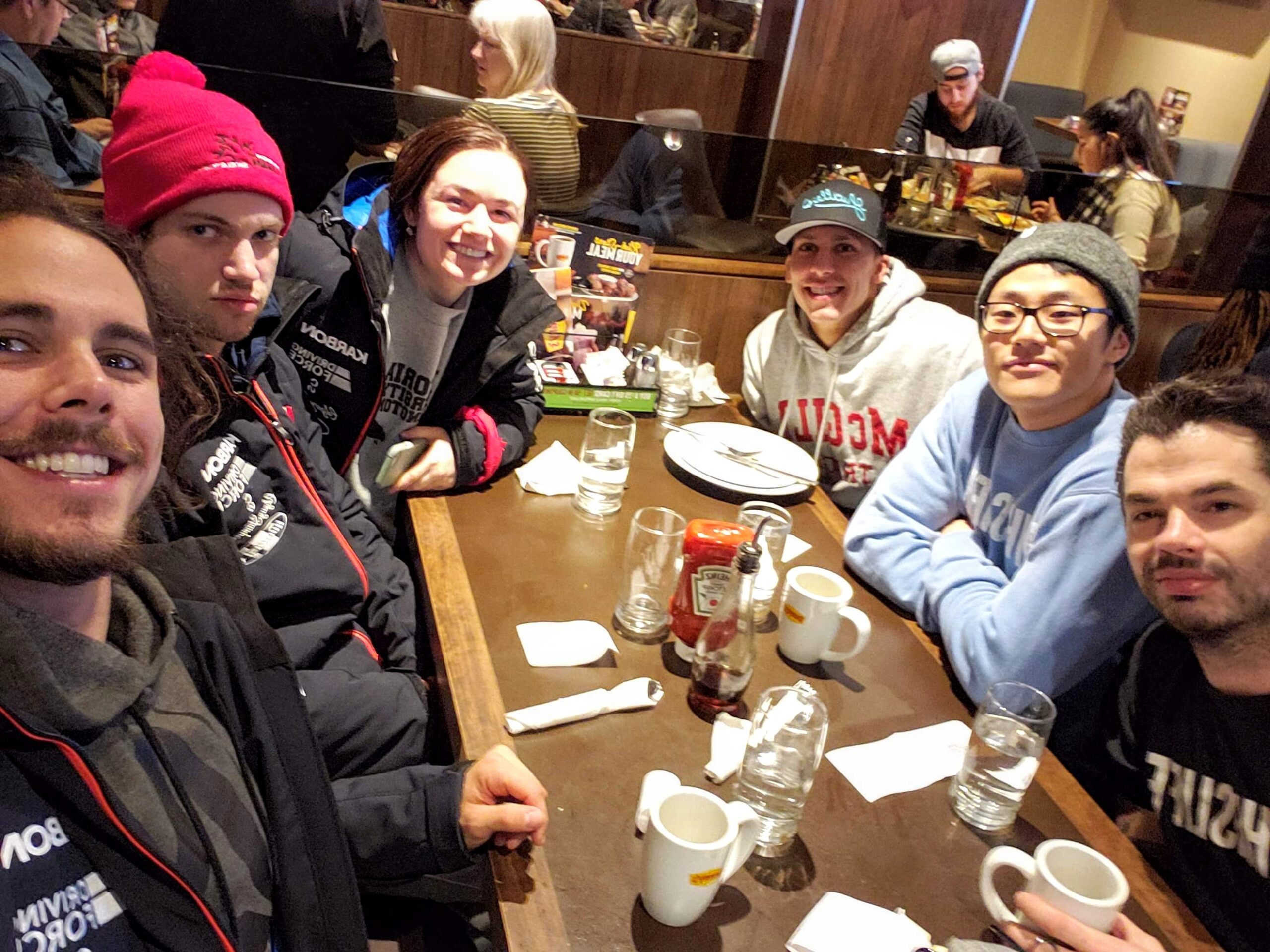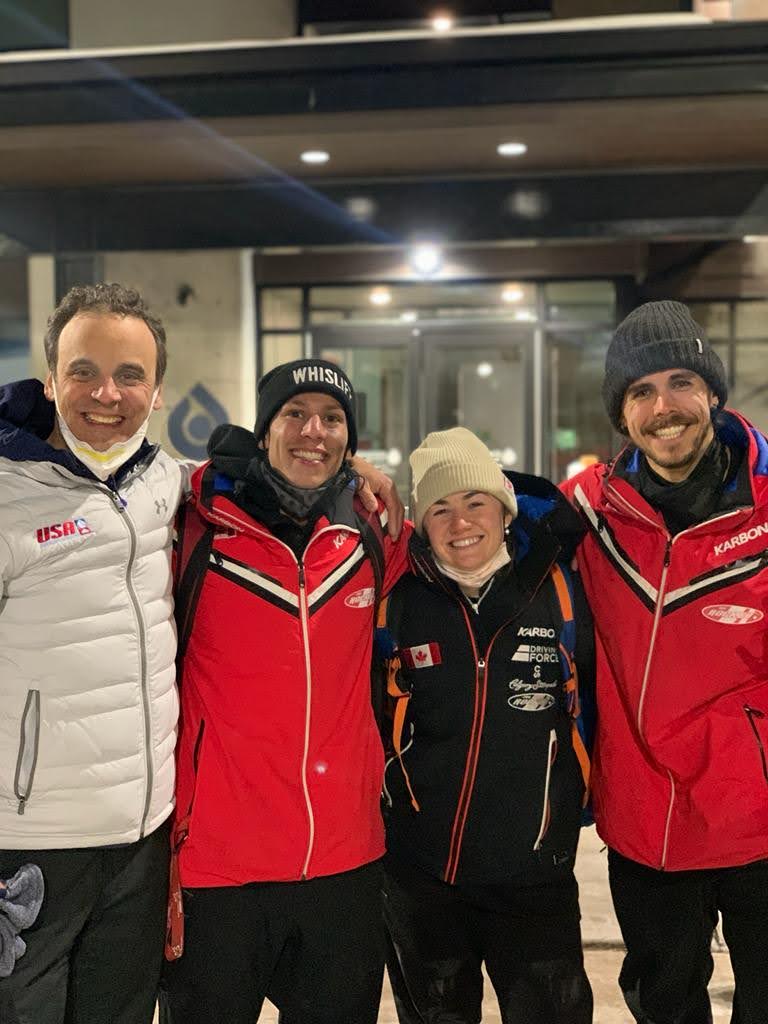The Role of the Coach
Though I have spent over half my life training, with the last ten years being in high-performance both as a coach and athlete, I will stand by that everyone needs a coach. The most common question I have when it comes to coaching is, why have a coach if I am one myself? Couldn’t I just coach myself?
Short answer, yes and no.
Sure, I have the chops to put myself through a battery of tests, asses my weakness, and create a structured action plan to improve and perform. But, that is only a tiny fraction of what trainees need.
What people misunderstand about coaching is that coaches play a multitude of roles. Coaches are not simply making you sweat and complete exercises correctly. They are an unbiased and critical set of eyes to ensure you get what you need to improve. They are a confidant who keeps you accountable, someone who can help you attain goals, and a friend who can help you in the darkest times.
I have had numerous coaches throughout my life and have anywhere from 3 – 5 coaches at any time. Each of them has imparted life-long teachings that have shaped and continue to shape my athletic and personal development.
 Me, my Teammates, and Coach at Denny’s in Toronto on New Years’ Day, my first year on Team Canada.
Me, my Teammates, and Coach at Denny’s in Toronto on New Years’ Day, my first year on Team Canada.
What I look for in a coach
The following is by no means the only way to find the best coach for you, but this is how I have identified coaches I wish to work with in the past.
First, I will find someone who has more experience than me. Not simply more education or have been in the field for longer, but someone with knowledge will positively impact me. This definition can apply to every person you meet and is my first requirement.
Second, are they passionate about what they do and are constantly looking to improve themselves? A coach who admits they don’t know it all is always the best choice – someone who sets EGO aside and is always looking for new approaches and angles to look at problems. Without this curiosity of the mind, they will stagnate and cease to be someone too positive to be around.
Third, someone you can be open and honest to. It takes some time to unveil itself, but it’s crucial. It will always be a one-way relationship with your coach. When I coach, I see it as a team, and we each play different positions. Without the chemistry between coach and trainee, you will never achieve the goal of lifelong improvement.
Finally, are they someone you would have over for dinner or go out for drinks with? This one is a bit of a personal touch, but to me, it’s vital. For me to jell with someone, I want to feel a firm bond. This trait is a culmination of the prior three, each added together. We have found something special if I want to spend extra time with you outside of training.
Bottom Line
You need to find a coach that makes you excited to train and accept the trials that come with it.
by: Troy Wilson
